FACULTY 2019
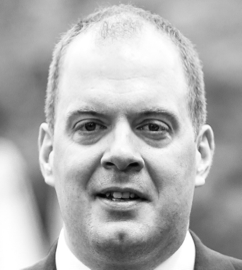
Dr David Gareth Jones
Consultant Cardiologist and Electrophysiologist, Royal Brompton & Harefield Hospitals, London, UK
Dr Jones read medicine at St Mary’s, obtaining BSc with 1st class honours in Cardiovascular Medicine 1997, followed by MBBS 2000. After graduation, he trained in internal medicine in London and Plymouth then trained in cardiology, electrophysiology (EP) and devices at Green Lane (Auckland, New Zealand), Charing Cross, Hammersmith, Royal Brompton and Harefield hospitals. His clinical practice covers management of all cardiac arrhythmias, including complex devices and catheter ablation of AF, SVT and VT. He has a particular interest in treating arrhythmias in advanced heart failure and post-transplantation; his research for MD(Res), awarded 2013, examined the role of catheter ablation to treat persistent AF in heart failure. He is dual-accredited by the European Heart Rhythm Association (EHRA) in Interventional Cardiac EP and Cardiac Pacing/ICDs.
He is EP educational lead at Royal Brompton & Harefield and the Royal Society of Medicine, regularly teaching cardiology trainees, EP fellows and cardiac physiologists. He additionally runs the simulation-based Harefield Transseptal Course and is clinical lead for Harefield cardiology’s human factors-based CRRISiS (Clinical Risk Reduction In Simulated Settings) training programme. He has recently been appointed catheter lab director at Harefiel
His interest in rhythm also extends beyond medicine: as a violinist, he is a rotational leader/concertmaster for the European Doctors Orchestra which raises funds for medical charities with concerts throughout the UK and Europe. His leisure interests include cycling and skiing.
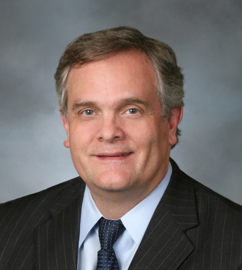
Dr Douglas Packer
Professor of Medicine, Mayo Clinic Rochester, USA
Douglas L. Packer, MD, is a Professor of Medicine in the Department of Cardiovascular Diseases, Division of Cardiac Electrophysiology, at Mayo Clinic Rochester. He is Director of the Translational Electrophysiology Research Laboratory. Dr. Packer is recognized as the John M. Nasseff, Sr., Professor in Cardiovascular Diseases, and is internationally known in cardiac electrophysiology.
He received the MD degree at the University of Utah and completed an internship, residency and fellowship at Duke University, where he was on staff before coming to Mayo. His honors and awards include the Distinguished Service Award from Brigham Young University, the Haskel Schiff Award in Internal Medicine from Duke University, the Eric Prystowsky Advocate for Patients Award, and a variety of Visiting Professorship awards.
Dr. Packer is active in the Heart Rhythm Society where he is a past president and member of the Board of Trustees. He is also active in the American Heart Association and the American College of Cardiology. He has served/currently serves on editorial boards for the Circulation Arrhythmia & Electrophysiology, American Heart Journal, the Journal of Cardiovascular Electrophysiology, Heart Rhythm journal, and the (EP) Journal of the American College of Cardiology. He also has served on multiple National Heart, Lung, and Blood Institute work groups on atrial fibrillation.
Dr. Packer has been an active teacher and mentor, and also lectures widely on cardiac arrhythmias. He has written or co-authored more than 328 publications. He has lectured extensively in national and international meetings, giving over 1,677 invited lectures in 41 countries. He has served on the executive committee of a number of NIH multicenter randomized clinical trials, Including the MUSTT, SCD-HeFT, and HAT Trials. Dr. Packer is also the International Principal Investigator of the NIH CABANA Pivotal Study. In this capacity he leads the consortium of centers directing the trial. He is the PI of the Thermedical VT Needle Electrode study.
Dr. Packer is a Mayo Clinician Investigator. His translational work focuses on the mechanisms and ablation of atrial fibrillation and other cardiac arrhythmias, autologous fibroblast modulation of electrical impulse propagation in the heart, and the development of carbon particle catheter-free ablation of arrhythmias. His clinical work investigates 4/5 dimensional integrated image-guided ablation, and the development of new energy sources for the modification of cardiac tissue. His work has been funded in part by private foundations, the American Heart Association, and the NIH. A key part of his research is the development of the US catheter free particle therapy ablation program. He is also the PI of the Extracorporeal Particle Therapy Ablation Using Proton and Carbon Beams, that is currently under way. Dr. Packer holds US and European patents in the development of intracardiac ultrasound and 4/5D imaging, and particle therapy ablation.
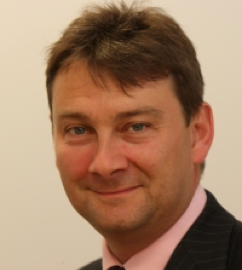
Dr Jay Wright
Consultant Cardiologist, Liverpool Heart & Chest Hospital, UK
Dr Wright was appointed as a Consultant in Heart Failure and Device therapy in 2004. He has overseen the development of the device service in Liverpool which is now one of the largest in Europe. He has extensive experience in both implantation and extraction procedures and has introduced a number of novel therapies including SICD and vagus nerve stimulation. Teaching and research interests have resulted in a number of steering committee positions on international trials and setting the EHRA devices exam for the last 3 years.
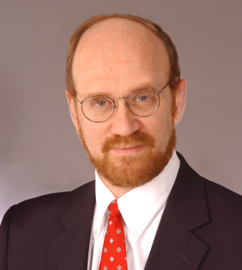
Professor Kenneth Ellenbogen
Professor of Cardiology, VCU School of Medicine in Richmond, Virginia, USA
He has authored and co-authored over 355 papers in peer reviewed journals, edited over 15 textbooks and 200 review articles and editorials. He has served on several NIH panels, steering committees for NIH and industry sponsored trials as well as the Data Safety and Monitoring Boards for many trials. He has served on multiple electrophysiology committees for the American Heart Association, American College of Cardiology and the Heart Rhythm Society. He has contributed to research in catheter ablation of atrial fibrillation, hybrid ablation, and phhysiologic pacing. He has served on the Editorial Board and as a Senior Editor of Circulation: Arrhythmia and Electrophysiology, Heart Rhythm, Journal of the American College of Cardiology and Pacing and Clinical Electrophysiology.
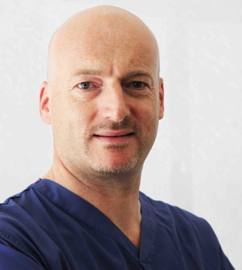
Dr Martin Lowe
Consultant Cardiologist and Electrophysiologist, Barts Health NHS Trust, London, UK
Martin Lowe is a consultant cardiologist and electrophysiologist specialising in the treatment of arrhythmias in adults and children with catheter ablation and pacemaker / defibrillator implantation. Having qualified from St George’s Hospital. London, he trained in London and Cambridge, before undertaking a research fellowship at The Mayo Clinic, USA. He is currently Clinical Director for Cardiac Electrophysiology at the Barts Heart Centre, and Honorary Consultant at Great Ormond Street Hospital, London.
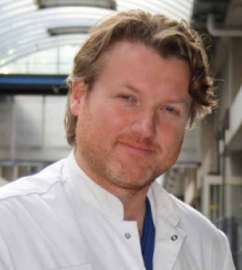
Dr Reinoud Knops
Consultant Cardiologist and Electrophysiologist, Academic Medical Center, Amsterdam, Netherlands
He specialises in Cardiac Rhythm Management and also has a PhD in this field, with a primary focus on Leadless Pacing, Subcutaneous ICD’s and Lead Extractions. Dr. Knops has participated in both the Nanostim and Micra First In Man studies and has implanted over 110 leadless pacemakers in humans. He is a (co-) author of over 65 publication in peer-reviewed journals and is the Principal Investigator of the PRAETORIAN trial, which is a large international, multi-center, investigator initiated, randomized controlled trial comparing the efficacy of tranvenous versus Subcutaneous ICD therapy (further info on www.praetorian-trial.org). He has implanted over 400 S-ICD’s.
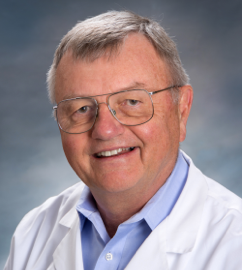
Dr Roger Winkle
Consultant Cardiologist and Electrophysiologist, Silicon Valley Cardiology, California, USA
Dr Roger Winkle cofounded one of the first academic arrhythmia services and in 1984 he founded Silicon Valley Cardiology, one of the first private EP groups in the US. He helped develop the modern ICD, was involved in the open heart surgical mapping almost 1000 cases of VT, WPW, and AVNRT and has performed thousands of RF ablations.
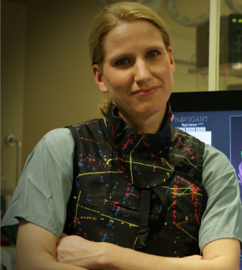
Professor Sabine Ernst
Consultant Electrophysiologist and Professor of Practice, Royal Brompton & Harefield Hospitals, London, UK
Consultant Electrophysiologist & Member of Arrhythmia Alliance Executive Committee
Dr Sabine Ernst is a cardiac electrophysiologist with special expertise in complex arrhythmias, such as atrial fibrillation and ventricular arrhythmia in both paediatric and adult patients.
She holds the position of research lead in electrophysiology at Royal Brompton & Harefield NHS Foundation Trust and has been a Reader at Imperial College London since 2012.
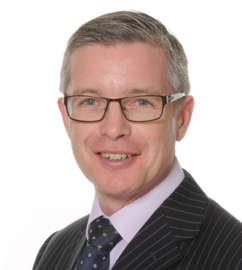
Dr Tim Betts
Consultant Cardiologist and Electrophysiologist at Oxford University Hospitals, UK
Dr Tim Betts has been a Consultant Cardiologist and Electrophysiologist at Oxford University Hospitals, UK, since 2004. He trained in the UK and Chicago. He performs catheter ablation, including AF and VT ablation, complex device implants, lead extractions and left atrial appendage occlusion. He has an active clinical research programme in AF mapping and cardiac resynchronization therapy and has participated in a number of international trials and registries for left atrial appendage closure. He has trained cardiologists on how to implant the Watchman LAAO device all over the world. He runs a number of EP and device teaching courses, is an invited speaker at international symposia, has published over 100 original manuscripts and is co-author of a number of textbooks including the Oxford Handbooks of Pacing and ICDs and of Clinical Cardiac Electrophysiology.
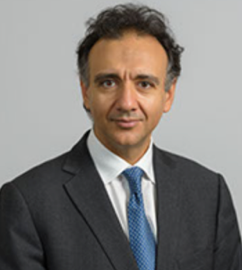
Dr Vias Markides
Consultant Cardiologist and Electrophysiologist, Royal Brompton & Harefield Hospitals, London, UK
Dr Markides trained at St Mary’s Hospital and Imperial College, London, qualifying in 1992 with Honours in all subjects and the University of London Gold Medal. He trained in Cardiology and Cardiac Electrophysiology at a number of London teaching hospitals before being appointed as a Consultant Cardiologist at Royal Brompton & Harefield NHS Foundation Trust in 2003. He led the arrhythmia service there during its rapid growth phase between 2006-2014, and since 2014 has been the Director of the Heart Division at the Royal Brompton Hospital
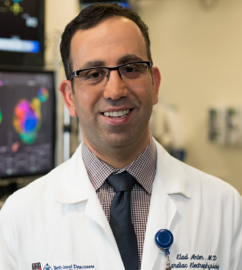
Dr Elad Anter
Endowed Professor of Medicine, Cleveland Clinic, USA.
Dr. Anter is the Director of Cardiac Electrophysiology at Beth Israel Deaconess Medical Center in Boston. HE specializes in the diagnosis and management of cardiac arrhythmias and prevention of sudden death. His clinical practice focuses on the treatment of complex heart rhythm disorders with catheter ablation. His research laboratory is dedicated to the study of arrhythmia mechanisms and development of new technologies to improve ablative therapies. Dr. Anter is the recipient of the Mark E. Josephson scholarship award, providing funding support for training of physician scientists in his laboratory. He serves as the principal investigator for multiple pre-clinical and clinical trials, and lectures nationally and internationally on his research and specialty interests, including advances in catheter ablation. Dr. Anter’s work has been published in numerous peer-reviewed journals, including Circulation, Journal of the American College of Cardiology, Circulation: Arrhythmia Electrophysiology and the Heart Rhythm Journal.
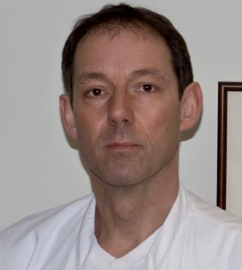
Dr Peter Loh
Consultant Cardiologist and Electrophysiologist, University Medical Center Utrecht, Netherlands
1991: Graduation from Medical School at the ‘Free University’, Berlin, Germany.
December 1992: Conferral of a Doctorate at the ‘Free University’, Berlin, Germany.
1994-2002: Fellowships in experimental and clinical electrophysiology and training in Cardiology.
2002-today: Cardiologist, electrophysiologist, Division Heart & Lungs, University Medical Center Utrecht, the Netherlands.
September 2004: PhD degree, University of Utrecht, the Netherlands. Titel of PhD-thesis: ‘Electrophysiology and Pathophysiology of the Atrioventricular Node.’
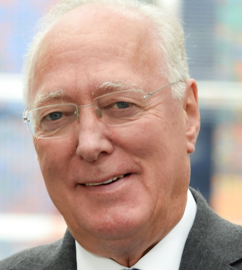
Professor John Camm
Professor of Clinical Cardiology, St George’s Hospital Medical School, London
His interests include cardiac arrhythmias, atrial fibrillation, stroke prevention, anticoagulation, clinical cardiac electrophysiology, cardiac pacemakers, and risk stratification in post-myocardial infarction patients.
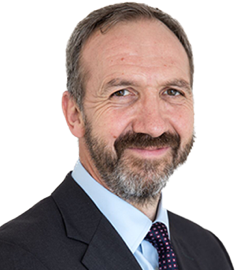
Professor Mark Mason
Consultant Cardiologist, Royal Brompton & Harefield Hospitals, London, UK
He has been heavily involved in the development of techniques and technology in CRT since the turn of the century! He is also nationally recognised as a specialist in pacing lead extraction and has been a specialist adviser to NICE on the use of laser sheaths in pacing lead extraction.
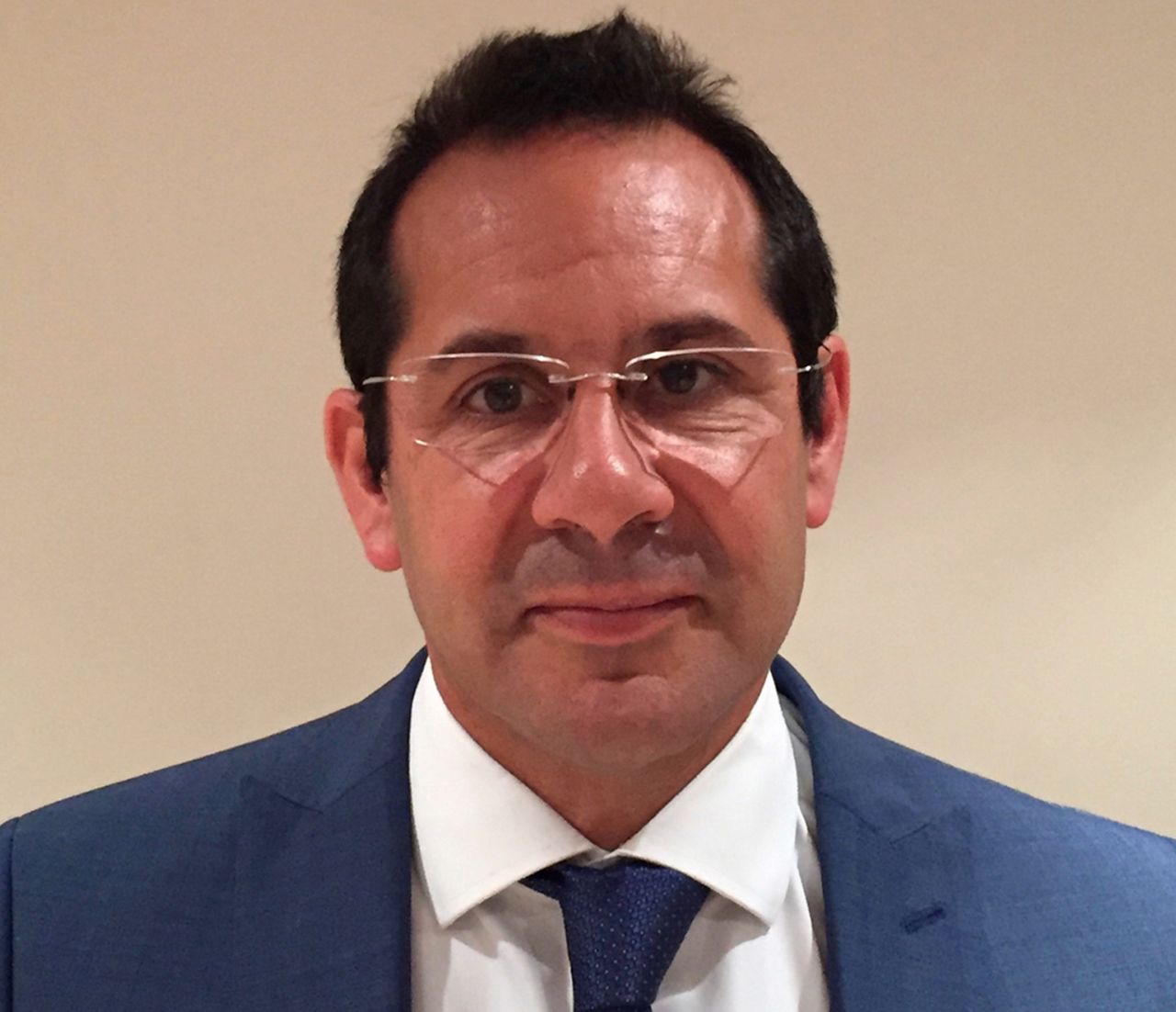
Professor Pier Lambiaise
Professor of Cardiology, UCL & Barts Health NHS Trust, London, UK
Professor Lambiase graduated from Oxford University in 1992 and initially trained in General Medicine and Cardiology at St Georges Hospital, London and the Hammersmith Hospital. He undertook a PhD examining myocardial protection at St Thomas’ Hospital where he was awarded the Young Investigator Award of the British Cardiac Society for his research in 2002 and was a finalist in the NASPE (North American Society of Pacing and Electrophysiology) Young Investigator.
He became a Consultant Cardiologist and Senior Lecturer in Electrophysiology at UCL in 2006 & Professor of Cardiology in 2015. He conducts specialist arrhythmia clinics and a nationally recognized clinic studying families with inherited arrhythmia syndromes and SADS (Sudden Arrhythmic Death Syndrome). He received the British Cardiovascular Society Michael Davies Early Career Award in 2015. He is the British Heart Rhythm Society Research Committee Chair & is Chief Investigator for an International Registry of the Subcutaneous ICD. He is on the current new ESC Ventricular Arrhythmias and Sudden Death Guidelines committee.
His research group focuses on ventricular arrhythmogenesis in inherited arrhythmia syndromes and cardiomyopathic disease supported by MRC, Welcome Trust, BHF, Heart Research UK, Barts Charity and UCL CBRC.
He has co-written Heart Rhythm UK Guidelines on genetic testing and the management of these conditions , ESC Guidelines SVT 2019 and published over 300 peer-reviewed papers in Cardiology. He is an Editor of the Oxford Handbook of Inherited Cardiovascular Disease & an EHRA Postgraduate Electrophysiology Course Director, Associate Editor European Heart Journal. He is now CV Research Co-Director at the Barts Heart Centre.
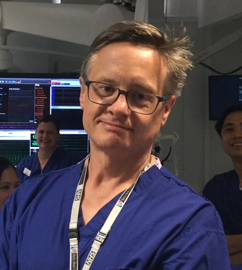
Professor Richard J. Schilling
Professor of Cardiology, Barts Health NHS Trust, London, UK
Professor Schilling established the arrhythmia research program at St Bartholomew’s Hospital. Barts was one of the first centres to carry out randomised clinical trials investigating interventional treatment of cardiac arrhythmia and has developed and validated techniques for using novel technological applications like 3D image integration into mapping systems for the treatment of arrhythmia. These innovations have reduced radiation exposure and improved success rates for patients.
He has a busy clinical practice specialising in interventional ablation for complex arrhythmia.
He was one of the team that led the successful merger of the Heart Hospital and Barts trust cardiovascular units to form the biggest cardiovascular centre in the UK.
He now serves as the clinical director for strategy and commercial for Barts Hospital is responsible for a team of strategic project leaders and the private practice team at Barts Hospital.
He is the medical director for the Arrhythmia Alliance and the Atrial Fibrillation association, two international charities supporting patients with heart rhythm problems through education and influencing government policy.

Professor Thomas Lüscher
Professor of Cardiology, Royal Brompton & Harefield Hospitals, London, UK
He was Professor of Pharmacotherapy at the University of Basel, Professor of Cardiology at the University of Berne, Professor and Chairman of Cardiology er at the University Hospital Zurich and now Director of Research, Education & Develop-ment at the Royal Brompton & Harefield Hos-pitals and Professor of Cardiology at the Im-perial College in London. By the Institute for Scientific Information he has been rated as one of the 0.5% most cited scientists worldwide. Since 2009 he editor-in-chief of the European Heart Journal.
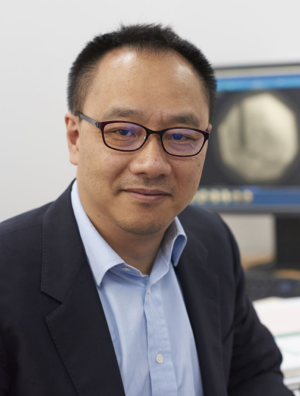
Professor Tom Wong
Consultant Cardiologist and Electrophysiologist, Royal Brompton & Harefield Hospitals, London, UK
He is the clinical lead of the Arrhythmia Services and the research lead of the Arrhythmia Group across the Royal Brompton and Harefield sites.
Dr Tom Wong’s career focuses on providing the best clinical care to patients with heart rhythm abnormalities and exploring avenues to further improve care through research and innovation.
His research program relates to his clinical interests to seek better understanding and treatment of arrhythmias in advanced disease states and complex cardiac anatomies, particular through catheter-based interventions.
Dr Tom Wong conducted ARC-HF clinical trial, first to show the beneficial effects of catheter ablation in cardiopulmonary performance compared to drug therapy in patients with persistent atrial fibrillation and heart failure. He published the cost impact of the left atrial appendage closure in stroke prevention based upon the UK cost model to inform the economic benefit, beyond the clinical needs, of this treatment to patient at risk of having stroke in UK. He is the chief investigator of CASA-AF trial, funded by NIHR, to compare catheter and thoracoscopic ablation approaches to treat persistent atrial fibrillation. In addition, he has and continue to investigate novel mapping, ablation and device related technologies with an aim to improve clinical outcomes.